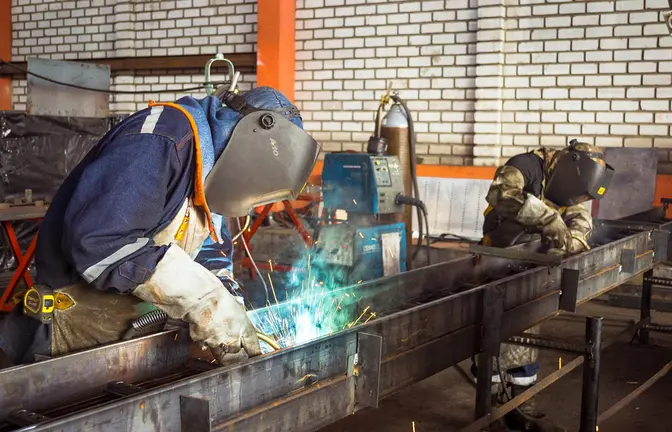European markets closed higher on Friday with investors picking up shares amid optimism about economic recovery thanks to the momentum in vaccine rollouts and recent strong data out of the US.
Rising coronavirus cases across the continent and the European Commission's warning that the European Union is at the start of a third wave of the pandemic rendered the mood somewhat cautious, but stocks still managed to find fairly decent support.
The positive trend in the US market amid a rally in bank stocks after Federal Reserve Chairman Jerome Powell said lenders can resume buybacks and announce higher dividends once the stress tests on banks are over. Higher crude oil prices pushed up energy stocks, contributing significantly to the positive close.
The pan European Stoxx 600 climbed 0.91 per cent. Britain's FTSE 100 moved up 0.99 per cent, Germany's DAX gained 0.87 per cent, France's CAC 40 ended up 0.61 per cent and Switzerland's SMI edged up 0.16 per cent.
Among other markets in Europe, Austria, Belgium, Czech Republic, Denmark, Finland, Greece, Iceland, Ireland, Netherlands, Norway, Poland, Portugal, Russia, Spain and Sweden ended with strong gains. Turkey closed weak.
In the British market, Smiths Group gained about 7 per cent after reporting better-than-expected interim profit and issuing upbeat forecast for the second half of the fiscal year.
Glencore moved up 6.5 per cent. Antofagasta, Anglo American, Evraz, Renishaw, Rio Tinto, BHP Group, Next and BP gained 3 to 4.5 per cent. Royal Dutch Shell, Aveva Group, Associated British Foods, BT Group and Melrose Industries also rose sharply.
Standard Life, National Grid, Barratt Developments, Polymetal International, Bunzl and Intertek Group ended notably lower.In the German market, Thyssenkrupp, Covestro, Fresenius, Deutsche Wohnen, Infineon Technologies and Fresenius Medical Care gained 2 to 5 per cent.
Business confidence
In France, ArcelorMittal soared more than 8 per cent. Technip gained about 4 per cent, while Saint Gobain, Capgemini, STMicroElectronics, WorldLine and Legrand moved up 2 to 3 per cent.
In economic news, German business confidence improved more than expected in March, survey results from the ifo Institute showed. The business confidence index rose to 96.6 in March from revised 92.7 in February. The score was forecast to climb to 93.2.
The current conditions climbed to 93.0, which was above economists' forecast of 91.3. Likewise, the expectations indicator advanced to 100.4 versus forecast of 95.0.
In Britain, retail sales recovered in February largely driven by non-food store sales. Retail sales volume including auto fuel logged a monthly growth of 2.1 per cent, in contrast to January's 8.2 per cent decrease. The pace of growth matched economists' expectations.
On a yearly basis, retail sales fell at a slower pace of 3.7 per cent after decreasing 5.9 per cent in January. This was the second consecutive drop in sales and was better than the expected drop of -3.5 per cent.










